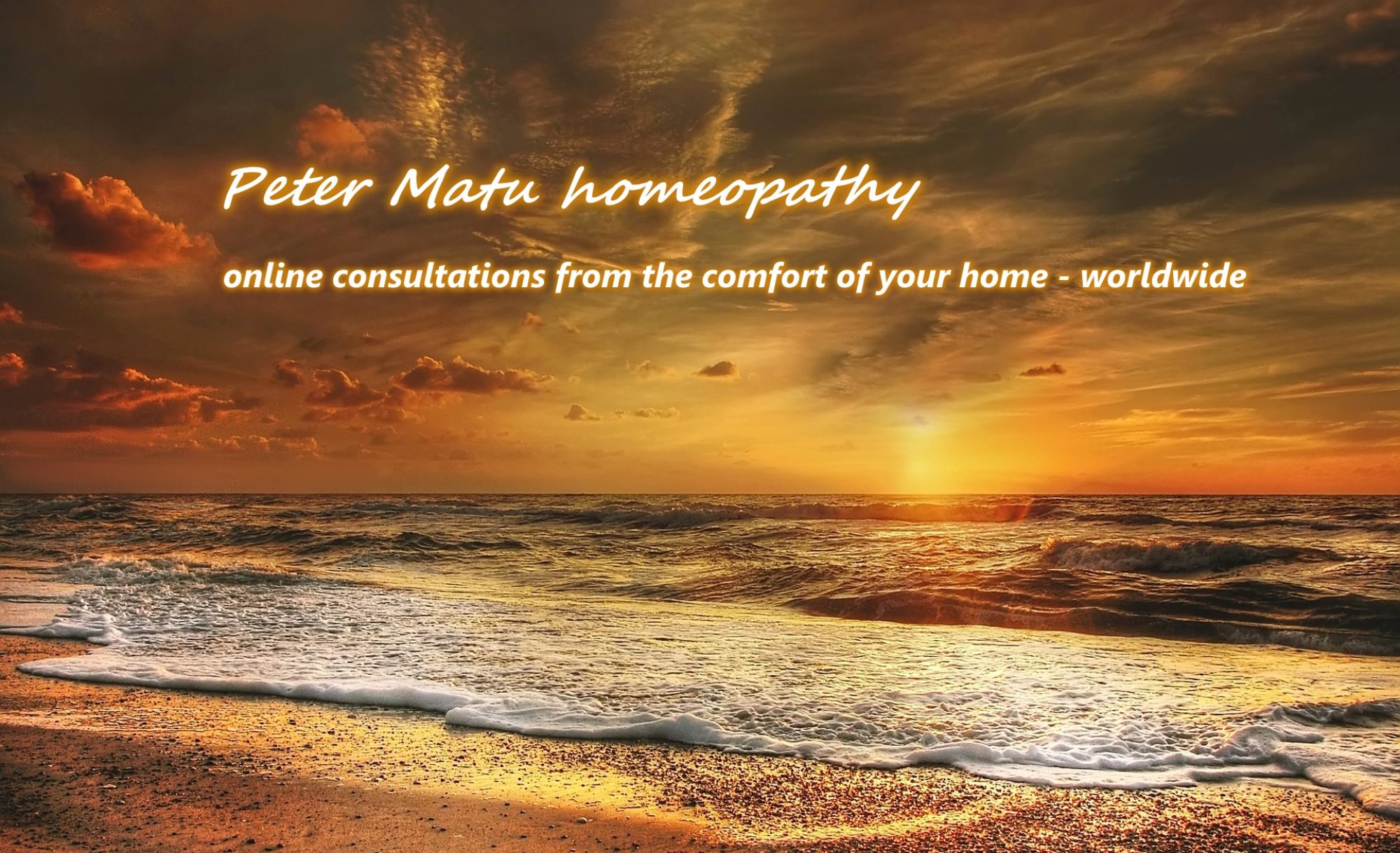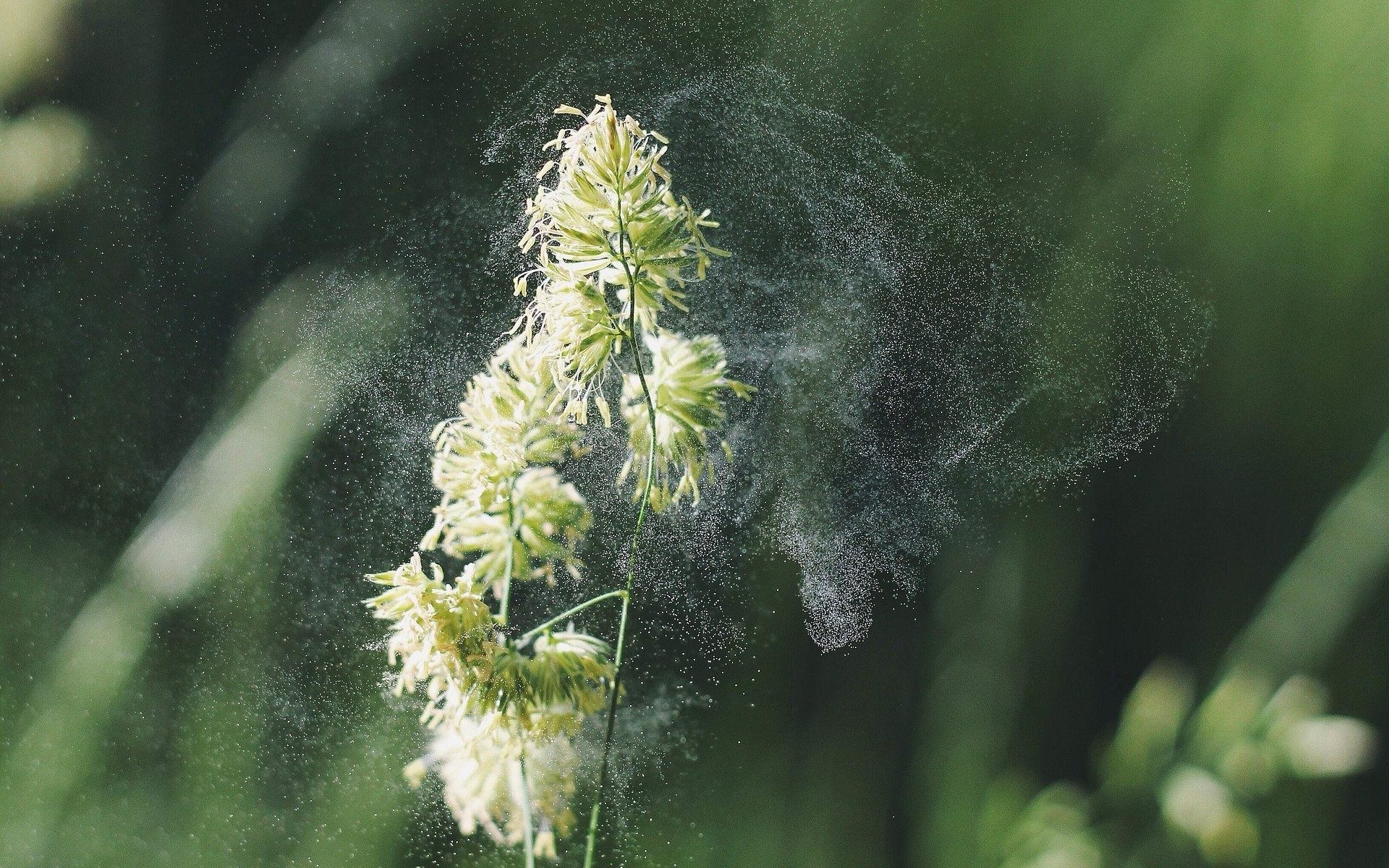Allergies can cause huge discomfort and it is not easy to live with them. They can be imprisoning. Allergies have now become extremely common, especially in children. Nowadays, it is not easy to find a child which is completely allergy-free. On a material/physical level, we can attribute this to various different factors, like environmental pollution, chemicals in our food and water, junk food and excessive consumption of meat, genetic modifications, vaccination and conventional drugs and many others.
On a deeper (emotional/somatic/psychological/spiritual) level, we have lost connection with nature, ourselves and others too. We often need to ask ourselves and meditate on the following questions: What are we really allergic to? People? Behavior of others? What do we see in others that makes us so upset and irritated and do we not act often in the same way? What are we so fed up with and why? Theme of hidden aggression which is directed in the wrong direction (inadequate immune response as a symbol of it) – energy instead of allergy! Of course there are many more questions to ask…
What are allergies?
Allergies are a number of conditions caused by hypersensitivity of the immune system to typically harmless substances in the environment. These diseases include hay fever, food allergies, atopic dermatitis, allergic asthma, and anaphylaxis.
Symptoms may include red eyes, an itchy rash, sneezing, a runny nose, shortness of breath, or swelling. Common allergens include pollen and certain foods. Metals and other substances may also cause problems. Food, insect stings, and medications are common causes of severe reactions.
Conventional medicine often involves taking antihistamines or steroids to manage symptoms and this medicine can also have unwanted side effects.
Can homeopathy help with allergies?
Homeopathy is a natural and holistic system of medicine and aims at treating allergies by identifying the trigger point, thus providing sustained and long-term relief. Homeopathy sees allergies as resulting from an internal imbalance and aims to remove the individual predispositions that caused the problem with allergies. It activates and stimulates the body’s vital force – its own natural healing system in order to restore balance and vitality, it does not suppress the allergic symptoms like conventional treatment.
Homeopathy acts on a deeper level, it works on an energetic level. It can often bring true healing on various different levels, including emotional trauma. It does not go against our body (unlike medical drugs) but works with our body.
Homeopathy has a good track record of dealing with allergies so the answer to the question whether or not homeopathy can help is most certainly YES! Sometimes it can bring permanent, on other occasions temporary relief and healing.
Some of the most important and commonly used remedies for allergies with some key notes are as follows:
Allium cepa
Onions are known to cause tearing of the eyes and running of the nose, they are therefore effective in treating such symptoms when given in diluted doses.
- aggravated by warmth (warm room), better on fresh air;
- coryza with profuse, watery, and acrid nasal discharge;
- smarting lachrymation;
- hoarseness, tickling in larynx;
Ambrosia artemisifoliae
- remedy for hay fever and whooping cough;
- respiratory tract in its entire length stuffed up;
- irritation of trachea and bronchial tubes with asthmatic attacks;
- wheezy cough, smarting and burning eyes;
Apis mellifica
- redness, inflammation and swelling or puffing up of various parts;
- burning, itching and stinging eyes, sharp pain
- very warm-blooded, cold ameliorates
- one of the most important remedies for allergic reactions after insect bites
Euphrasia officinalis
- inflammation of the conjunctival membrane, profuse lachrymation;
- catarrhal affections of mucous membranes;
- cold affecting the eyes with excessive watering, burning and extraordinary redness, sticky mucus on cornea;
- extreme hypersensitivity to light;
Natrium muriaticum
- profuse egg-white nasal discharge;
- swollen eye-lids, itchy corner of the eyes;
- loss of smell and taste, tongue mapped;
- depression and sadness
- worse/better at sea-shore
Nux vomica
- stuffed up nose, especially in the night, sensitivity to odours;
- smarting, dry sensation in the inner canthi, photophobia;
- allergy to rice or meat;
- treatment of asthma due to hyperacidity;
- symptoms worse in the morning, better after nap
Sabadilla
- violent fits of sneezing, spasm;
- hay fever improves in warm room but worsens in open air and cold;
- itching, tingling and tickling, must rub;
- history of worm infestation;
- coryza with severe frontal pain and copious nasal discharge;
… and so many more remedies…
In fact, we have hundreds and hundreds of homeopathic remedies which could be used for all kind of allergy symptoms. To demonstrate this, if we just take one of the many rubrics in our repertory, which could be used for allergy symptoms: NOSE – HAY fever, annual coryza – we have 229 remedies in this rubric.

So this gives you a rough idea that we could be dealing with so many homeopathic remedies when treating allergies.
The most effective way of dealing with allergies is constitutional prescribing. It takes into account not only the allergic symptoms but also the patient’s individual way of coping with the disease. A homeopath will select a homeopathic remedy for the patient during a homeopathic interview. The homeopath will ask many questions about the allergic disease and all relevant and related symptoms, but will also ask about the patient’s life style, medical history, appetite, digestion, dreams, relations and emotional state and many other aspects of one’s life. Homeopaths try to look at the whole picture so they are interested in many various symptoms and details. This will help them to select a precise remedy called – similimum, which should help to alleviate the allergy symptoms and often other health problems too.
Another option/strategy is to use a system called local or symptomatic prescribing and it is based solely on the patient’s allergy symptoms.
An experienced homeopath is able to determine which tactics is better, so it is definitely worth consulting a homeopath when dealing with allergies. I have special interest in allergies and asthma so feel free to get in touch should you require my expertise.
References:
Wikipedia
Complete Dynamics Master Edition
Roger Morrison (1993): Desktop Guide To Key Notes and Confirmatory Symptoms.
William Boericke (1906): Pocket Manual of Homeopathic Materia Medica
Hadhrat Mirza Tahir Ahmad (2005): Homeopathy “Like cures like”

